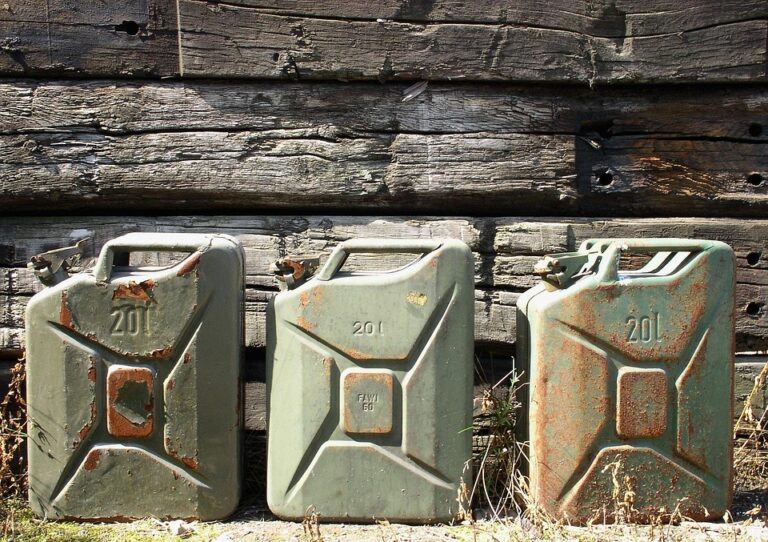Fueling Your Wallet: How Fuel Efficiency Tips Can Save You Money in the Long Run
In our fast-paced world, where every penny counts, mastering your vehicle’s fuel efficiency can significantly impact your financial health. With fluctuating gas prices and environmental concerns, adopting fuel efficiency tips not only saves money but also contributes to a healthier planet. This article will explore effective strategies that can help drivers maximize their vehicle’s fuel economy.
Understanding Fuel Efficiency
Fuel efficiency refers to how effectively a vehicle converts fuel into distance traveled. This metric can be gauged in miles per gallon (MPG) and not only indicates how much fuel a car consumes but also reflects the overall performance of the vehicle. The better the fuel efficiency, the less you’ll need to spend at the pump, making it crucial to follow some simple yet effective fuel efficiency tips.
Why Fuel Efficiency Matters
Achieving optimal fuel efficiency is about more than just saving money. Here are several compelling reasons why it should be a priority for every driver:
-
Cost Savings: The most obvious benefit is reduced fuel expenditure. Regular fuel efficiency measures can lead to substantial savings, especially for those who drive frequently.
-
Environmental Impact: Fuel-efficient vehicles produce fewer emissions, which help mitigate climate change and reduce air pollution.
- Vehicle Longevity: Proper maintenance and driving habits can extend your vehicle’s life, reducing the costs associated with repairs and replacements.
Top Fuel Efficiency Tips
Let’s dive into specific fuel efficiency tips that you can implement today to start saving money and fuel.
Regular Maintenance
Tune-Ups and Oil Changes
Keeping your vehicle in top shape is crucial. Regular tune-ups can help ensure that your engine runs smoothly, while timely oil changes reduce friction, improving fuel efficiency.
- Tip: Schedule an oil change every 5,000 to 7,500 miles, or check your owner’s manual for specific recommendations.
Tire Pressure Management
Maintaining proper tire pressure can significantly enhance fuel efficiency. Under-inflated tires create more rolling resistance, which can lead to increased fuel consumption.
- Tip: Check your tire pressure monthly and keep them inflated to the recommended levels.
Driving Habits
Smooth Acceleration and Braking
Aggressive driving can lower your gas mileage by up to 30% on the highway. Smooth and gradual acceleration and braking allow your engine to operate efficiently.
- Tip: Try to anticipate traffic conditions, allowing you to maintain a steady speed instead of frequent stops and starts.
Maintain a Steady Speed
Use cruise control on highways to maintain a steady speed, which can improve your car’s fuel economy.
- Tip: Find the sweet spot for your vehicle’s speed, typically between 45 to 65 mph for optimal fuel efficiency.
Weight Management
Reduce Excess Weight
Every additional pound in your vehicle requires more energy to move. Remove unnecessary items to lighten the load and enhance fuel efficiency.
- Tip: Conduct regular cleanouts to remove heavy items, especially if carrying unused roof racks or cargo boxes.
Fuel Choices
Consider Alternative Fuels
If you’re looking to improve your vehicle’s efficiency, consider alternatives such as ethanol blends or biodiesels that can provide better mileage in certain cars.
- Tip: Check your vehicle’s compatibility before switching to alternative fuels.
Planning Your Routes
Smart Navigation
Utilize navigation apps that provide real-time traffic updates to avoid congested routes. Less idling in traffic can vastly improve your fuel economy.
- Tip: Explore apps like Waze or Google Maps to find the quickest and least congested routes.
Carpooling and Ride-Sharing
Carpooling reduces the number of vehicles on the road and can significantly lower overall fuel costs.
- Tip: Connect with colleagues or friends who have similar schedules to set up a carpool system.
The Long-Term Impact on Your Wallet
So, how much can you save? Here’s a quick estimation:
- If your car averages 25 MPG and you drive 15,000 miles annually, you will spend around $2,400 on fuel at $4 per gallon.
- Implementing these tips could improve your efficiency to 30 MPG, reducing your annual fuel cost to $2,000—a savings of $400 each year!
Conclusion
Incorporating fuel efficiency tips into your driving routine is a smart way to protect your wallet and our planet. By practicing good vehicle maintenance, adopting intelligent driving habits, and planning your routes wisely, you can not only enjoy the financial benefits but also contribute to a cleaner environment. Start implementing these strategies today and watch how small changes can lead to big savings!
For more insights on automotive efficiency and related topics, be sure to check out our other articles at buzzo.live.
Fuel your wallet wisely!


